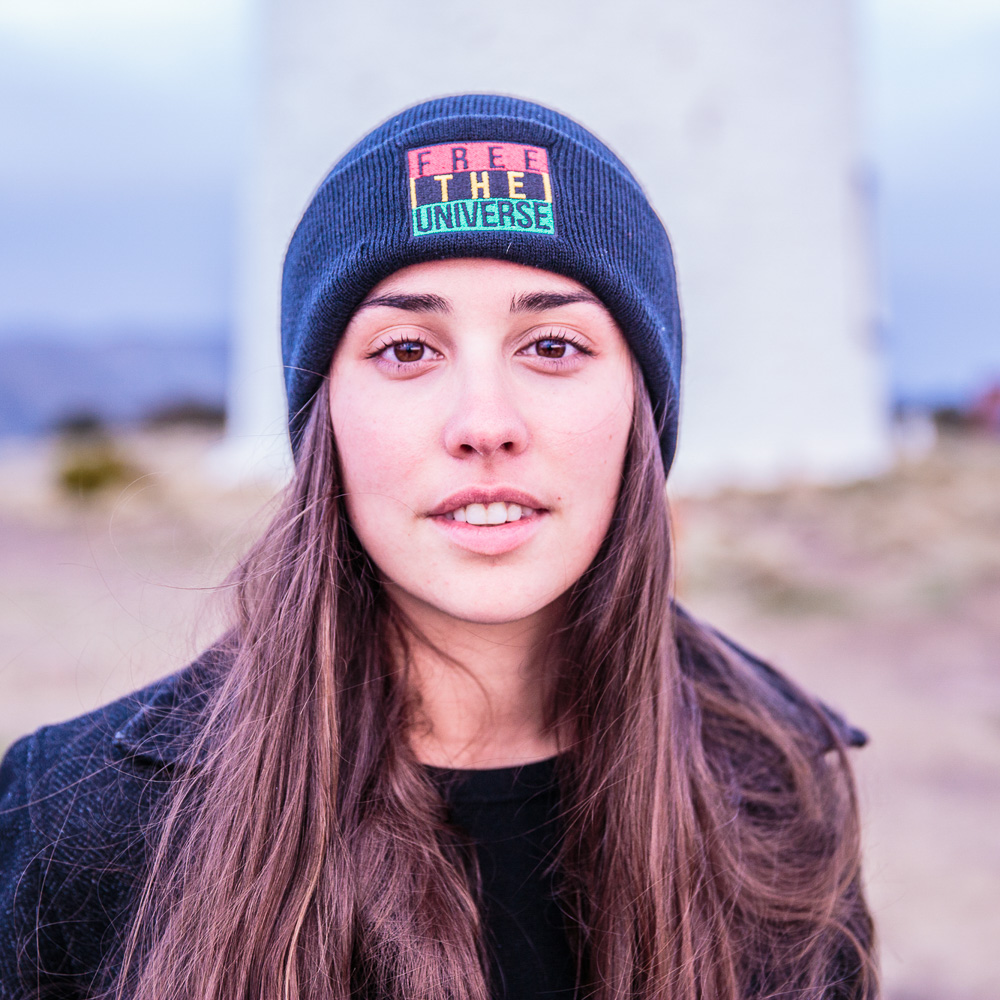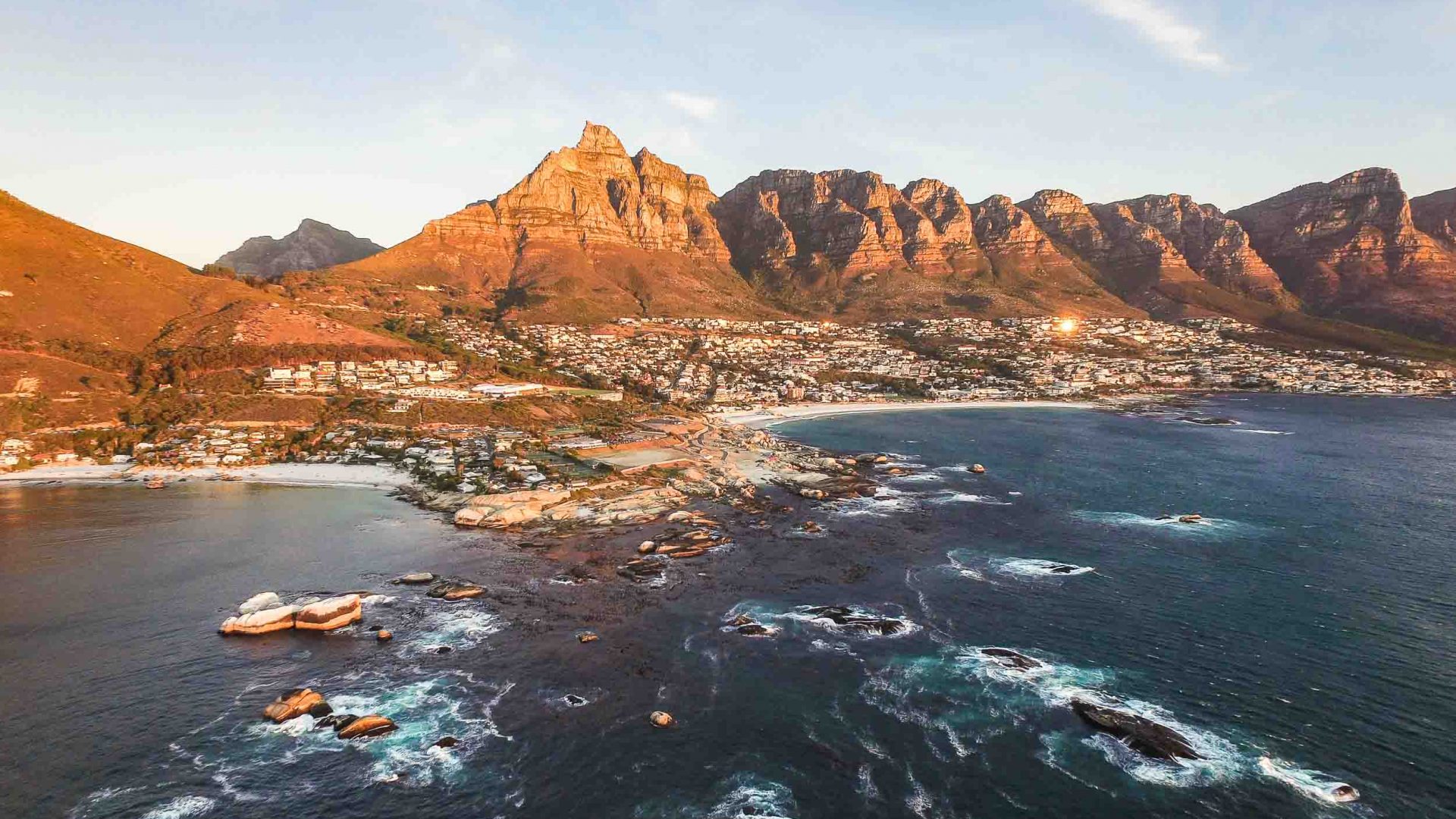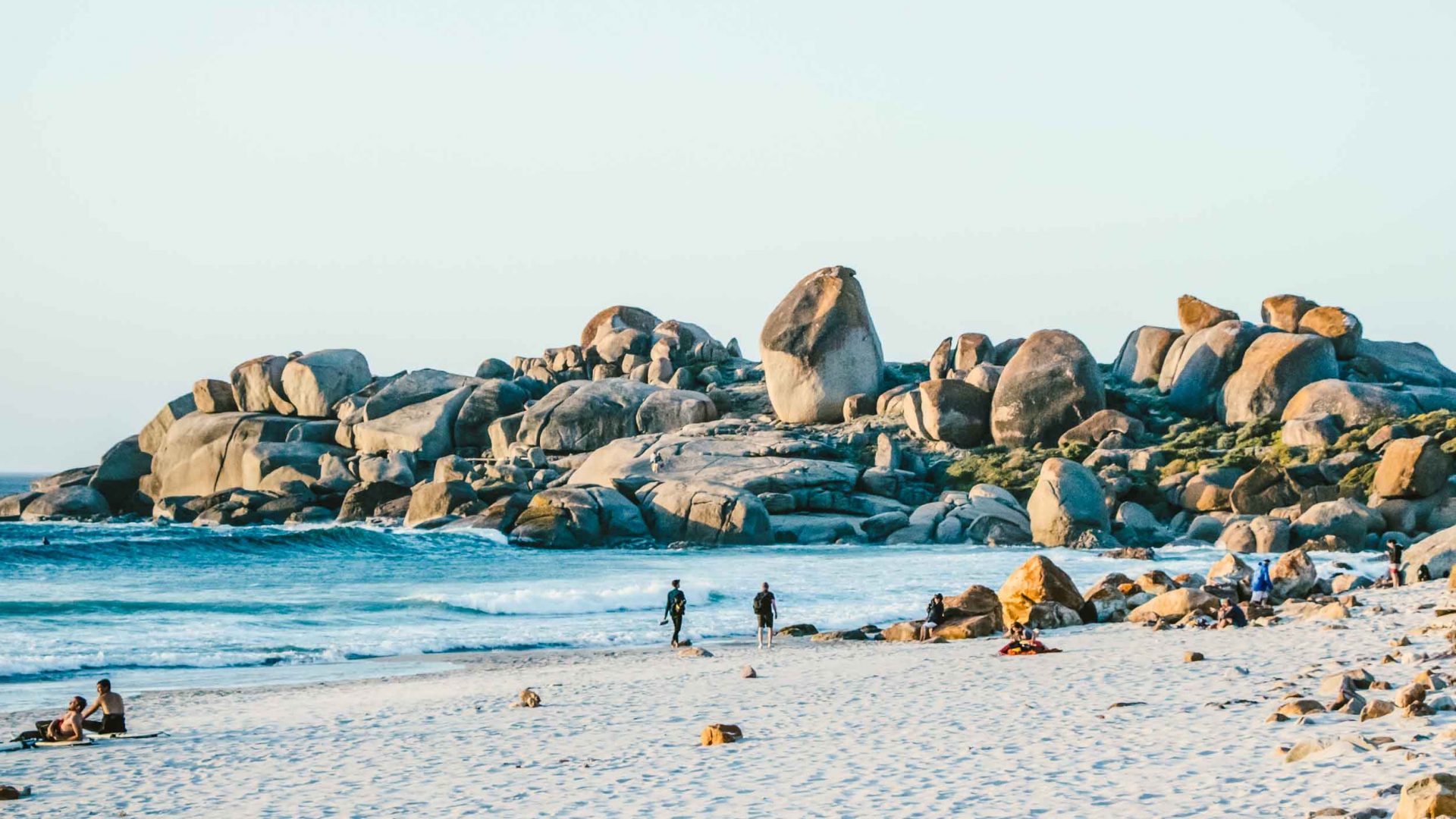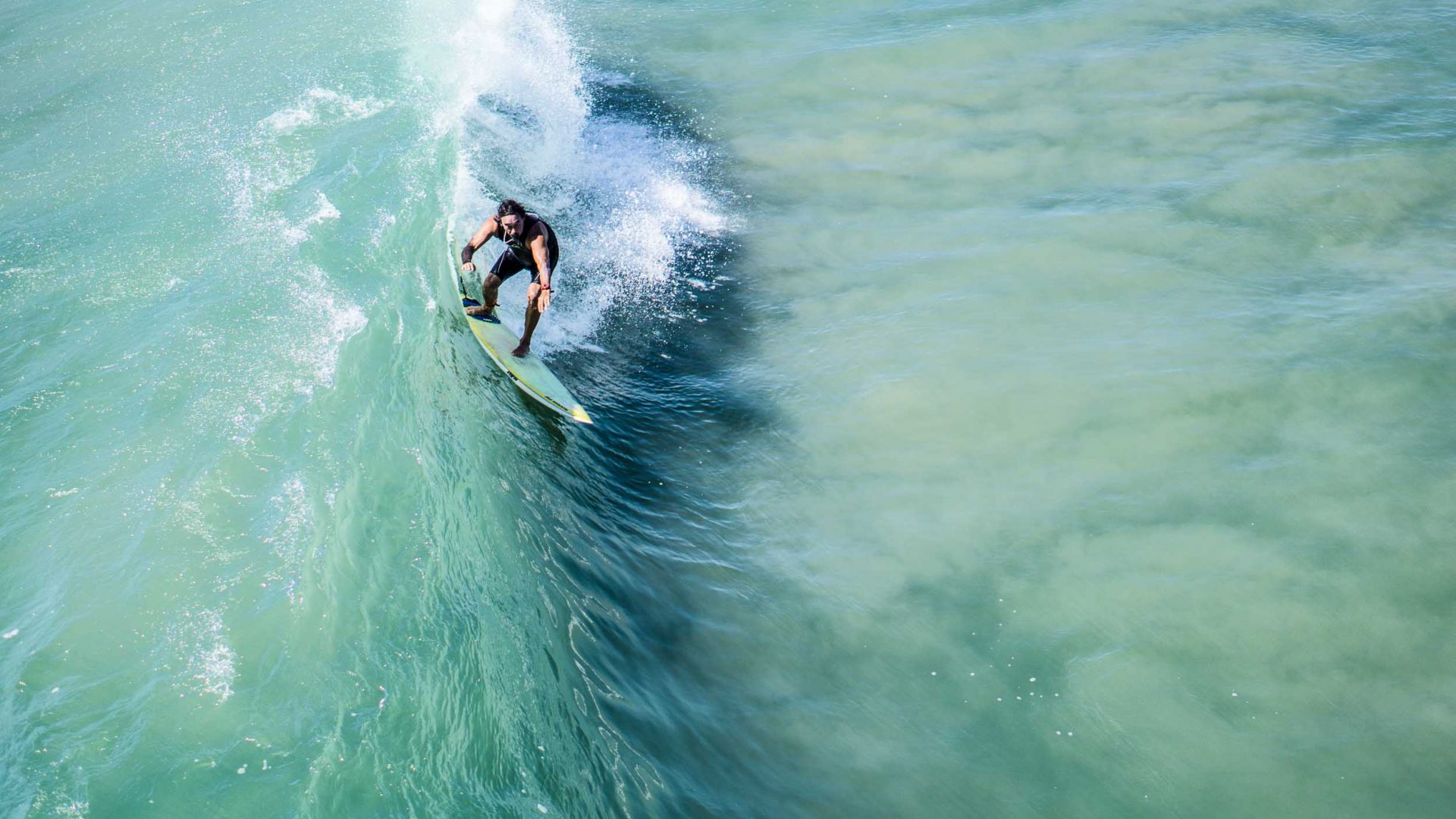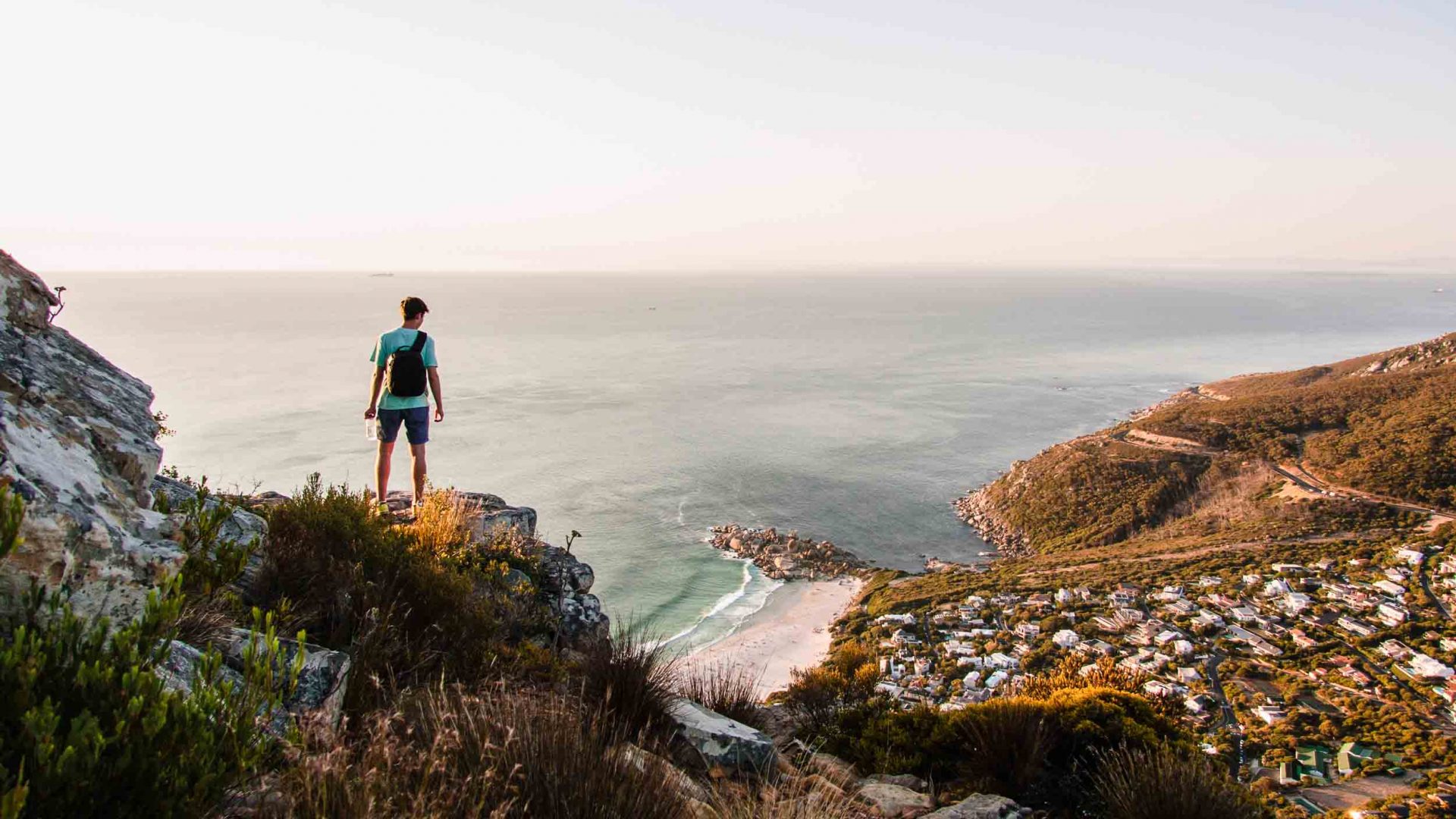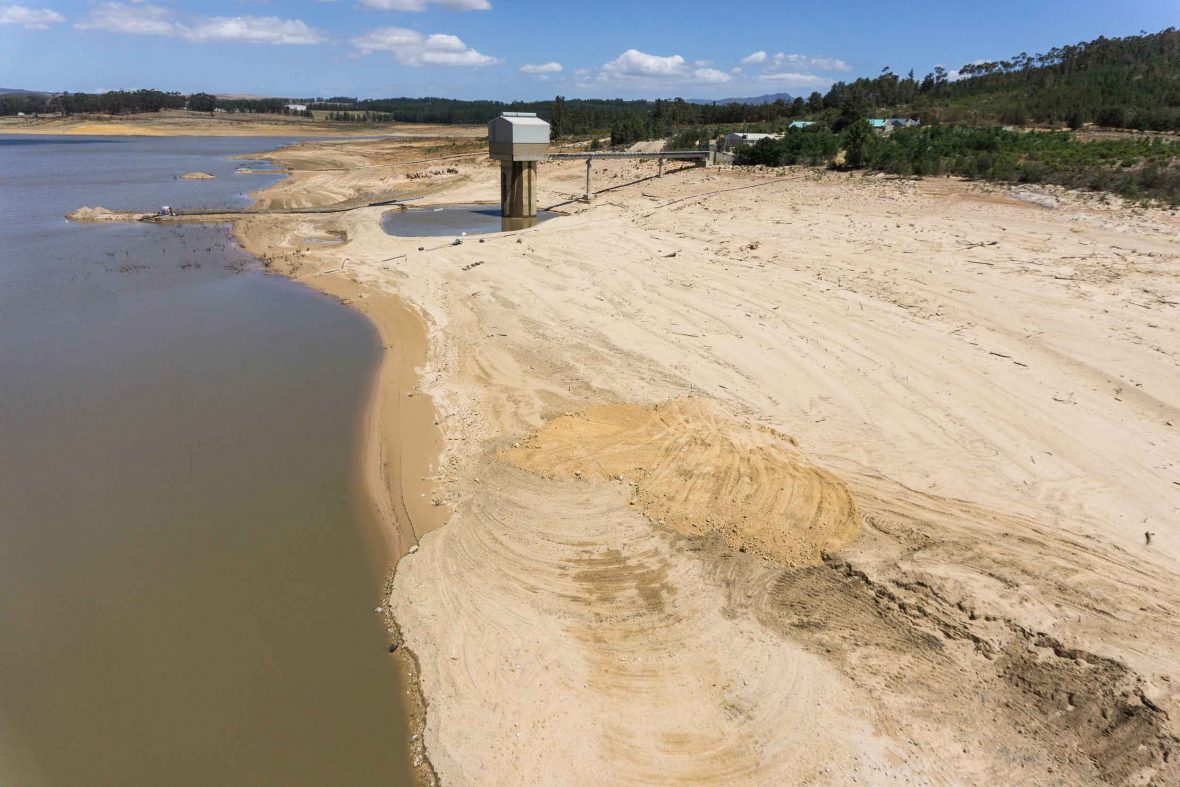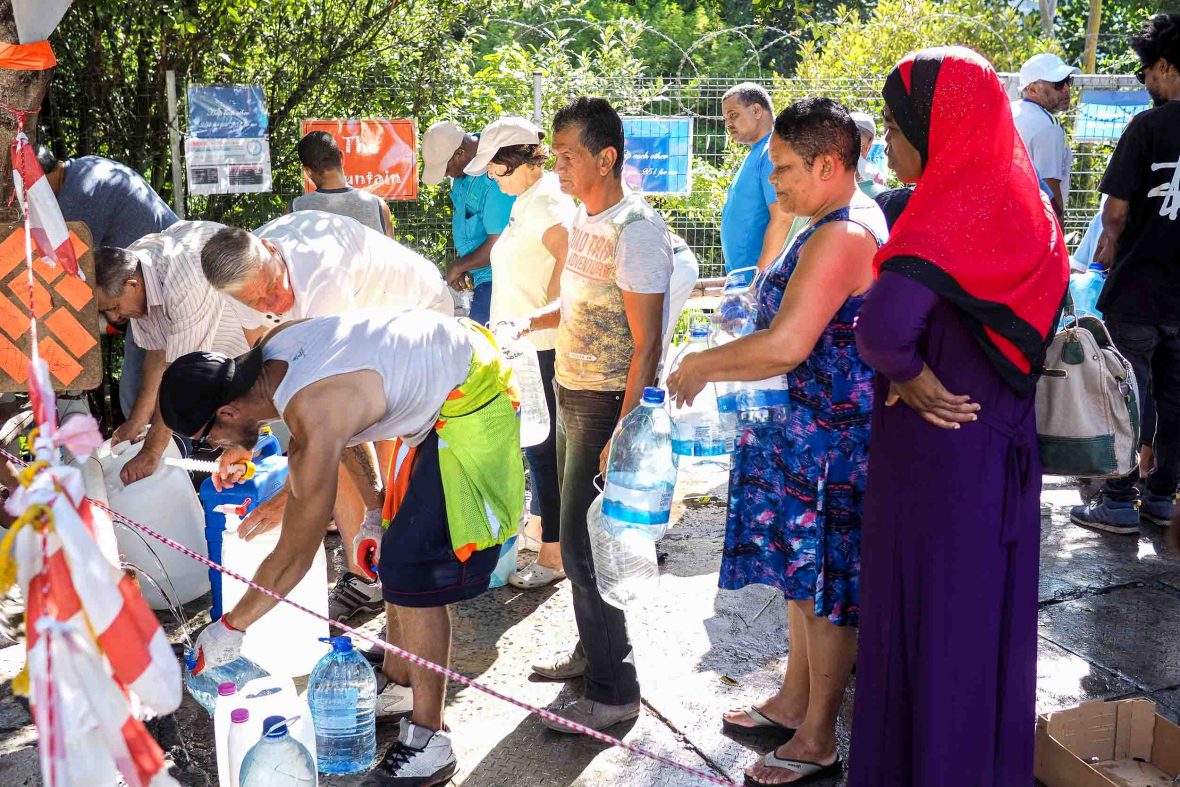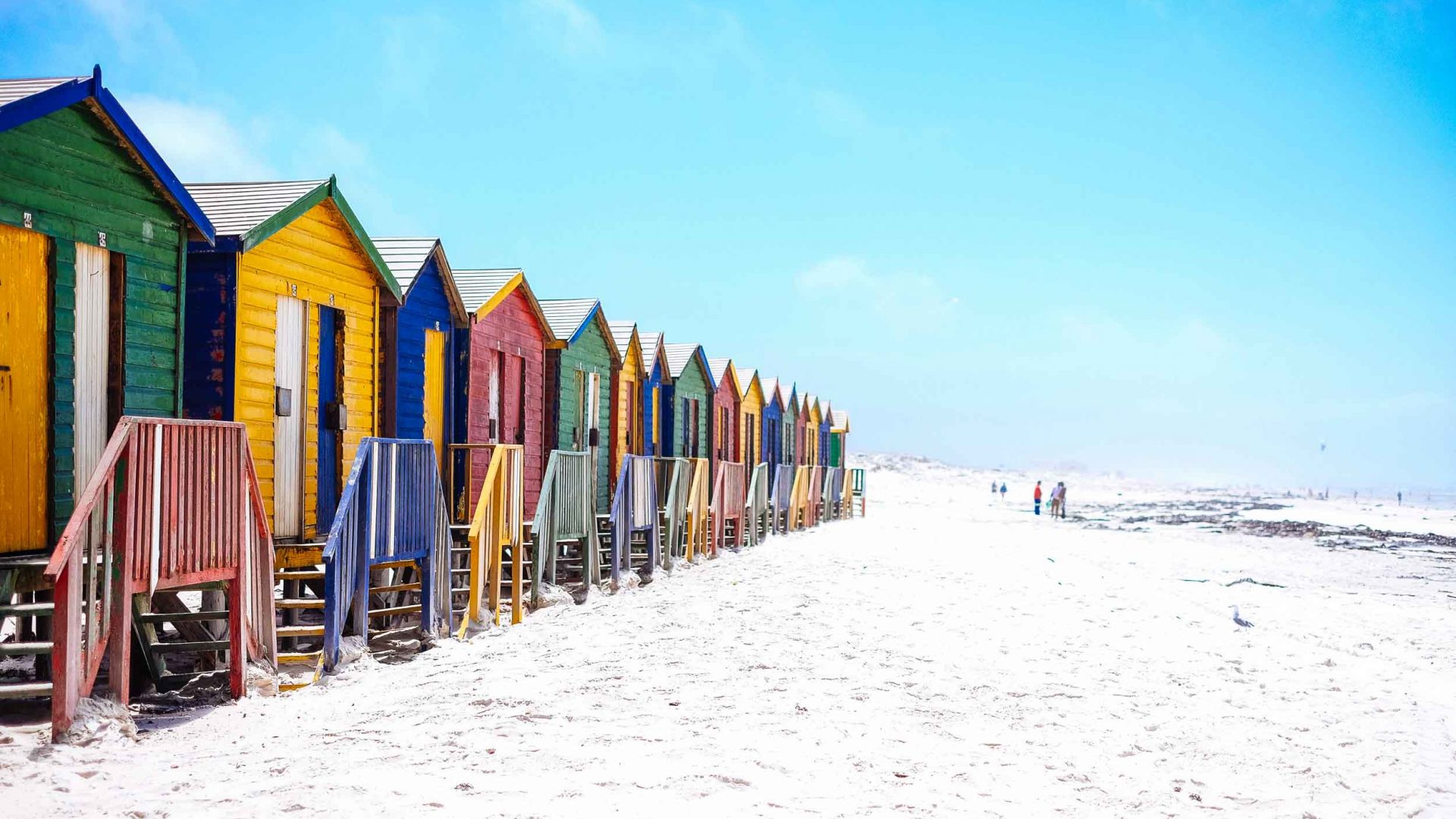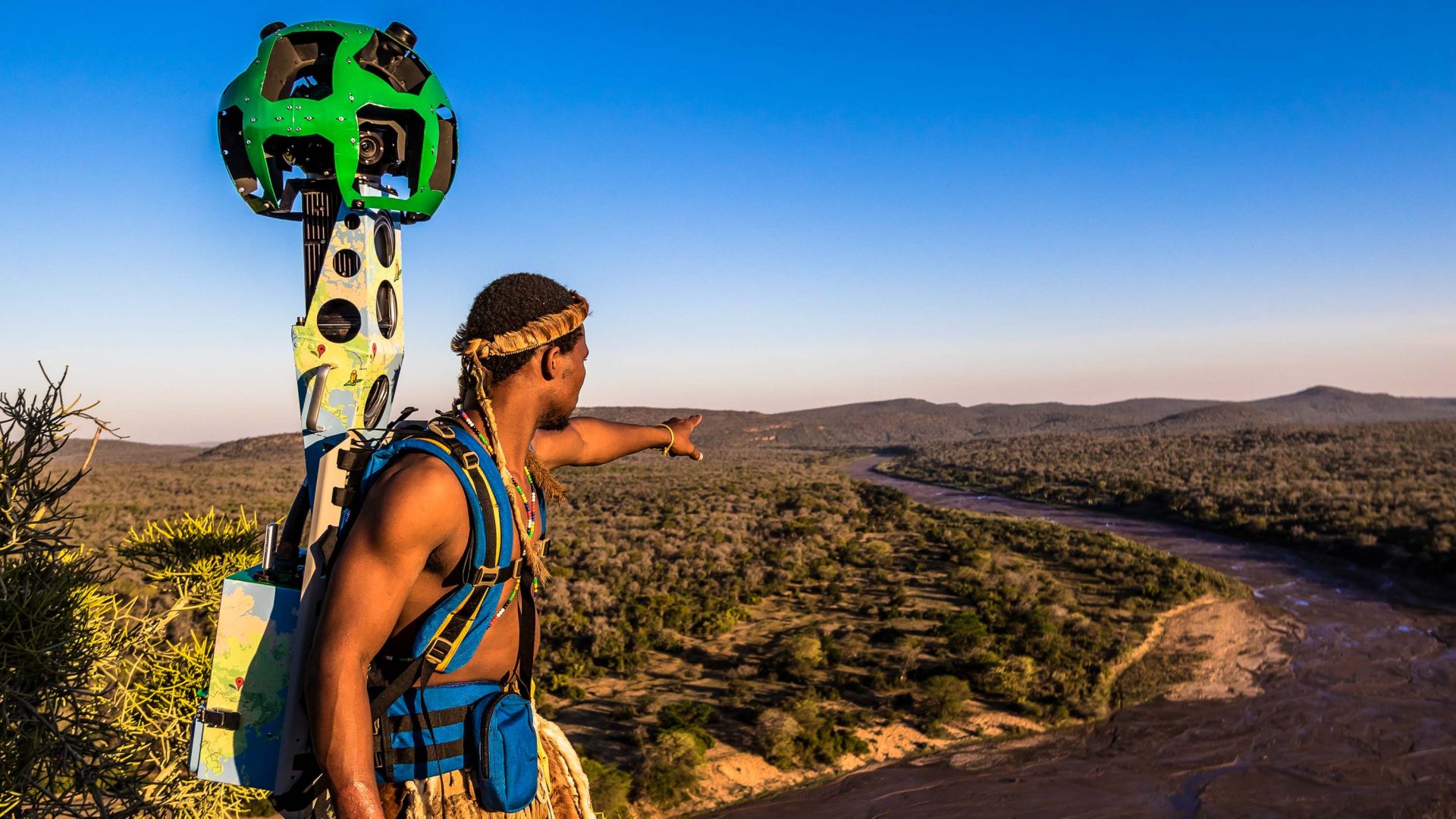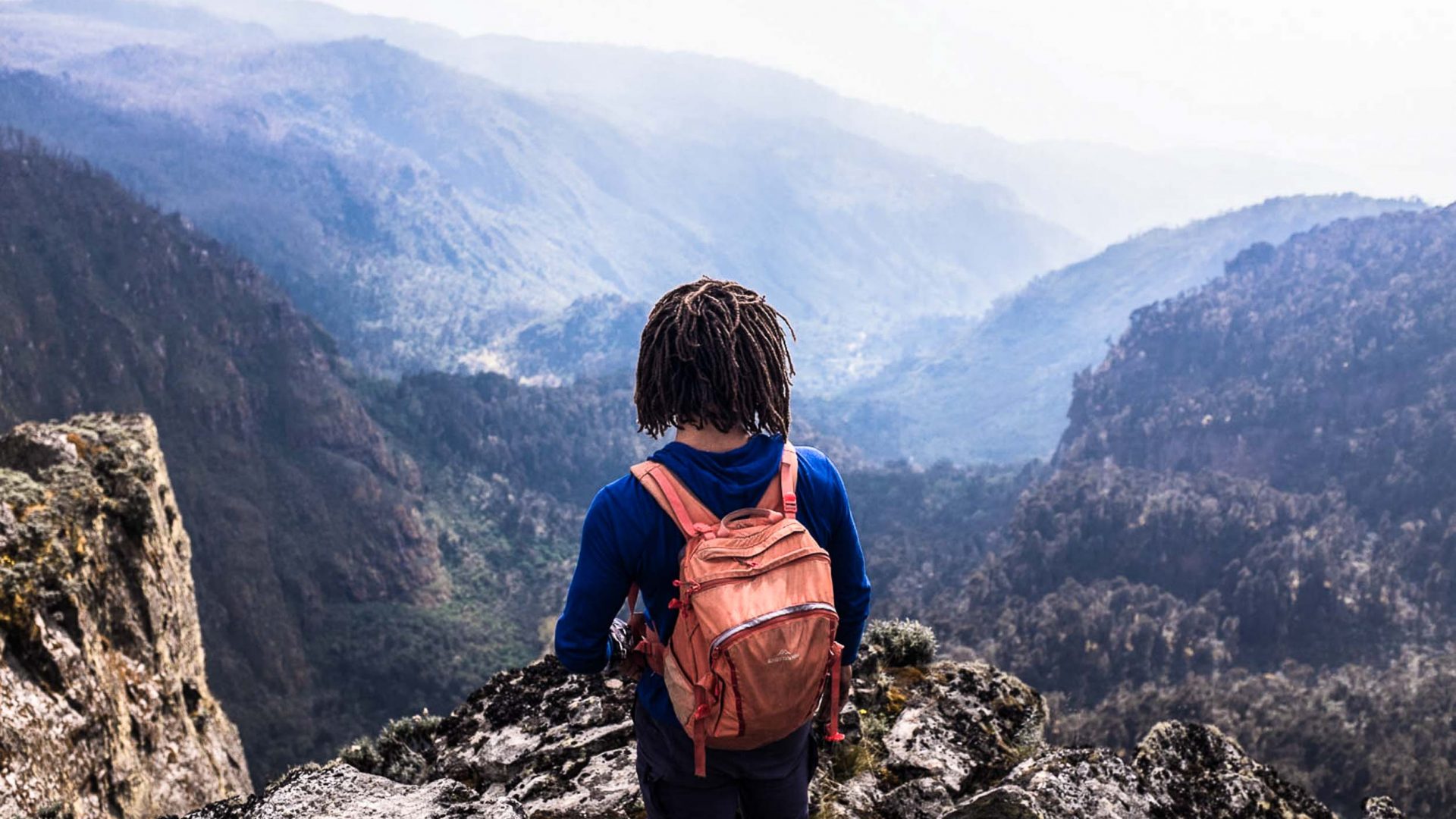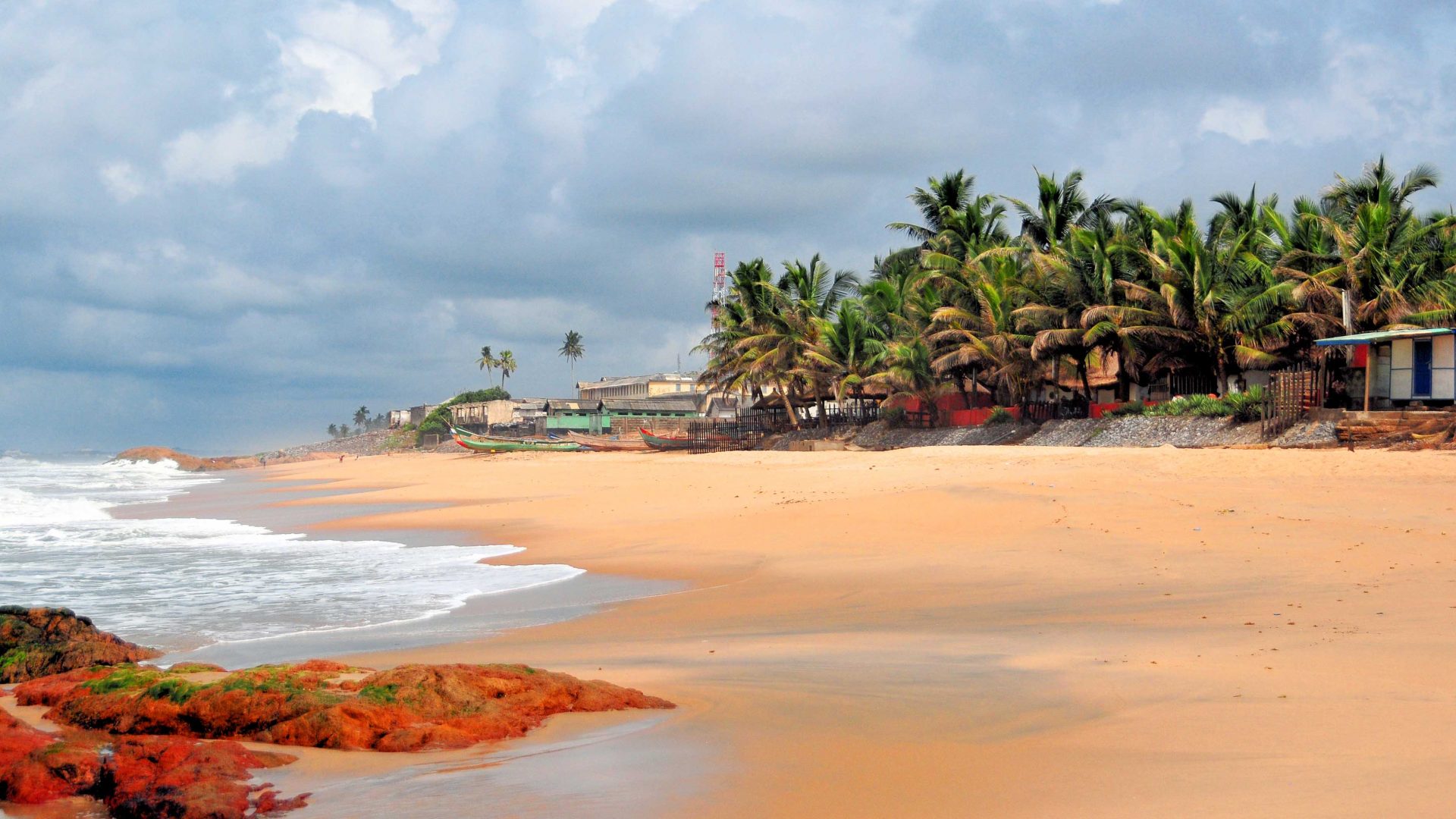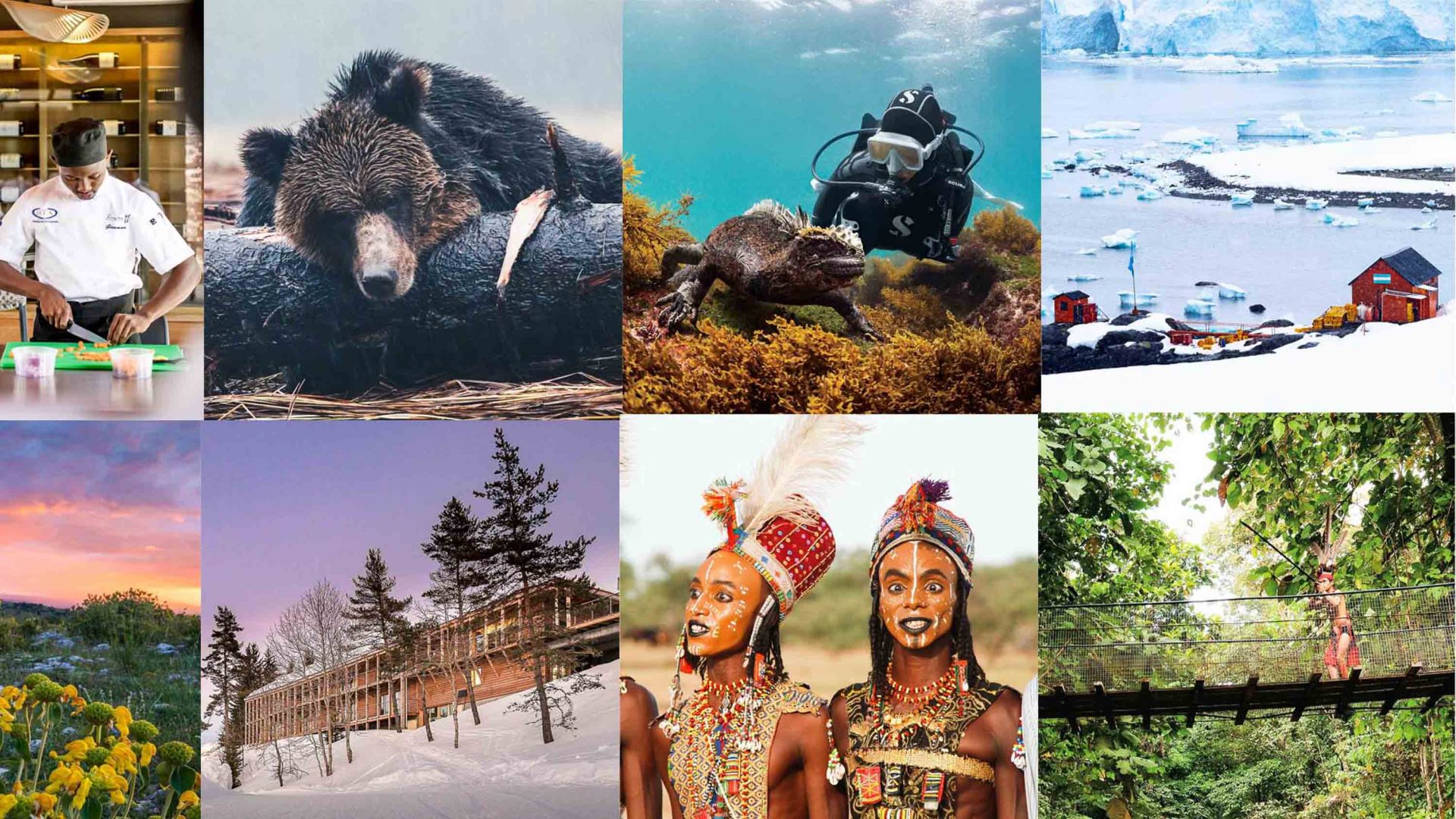The residents of Cape Town are staring down the barrel of one of the worst droughts South Africa has ever seen. With tough water restrictions already in place, things may yet get worse.
It’s hard to imagine Cape Town in the middle of a water crisis.
This is a city that’s come to be synonymous with water. It’s the place where you paraglide off Table Mountain and sail across the Atlantic; where you learn to surf like Mick Fanning; road-trip the peninsula; test your mettle against the great white shark. Cape Town is a coastal playground, and yet the city, and much of the wider Western Cape, is in the middle of one of the worst droughts the country has ever experienced.
While South African tourism heads are still welcoming and encouraging travelers, this remains a particularly fragile time for the city and it’s best to venture with care, concern, and a conscience. With extreme water restrictions in place, and a countdown to the ominous Day Zero on the cards, here’s everything you need to know before you go:
As Day Zero edges closer to reality for Capetonians, the water restrictions have become stricter. The city is now living under Level 6B restrictions which, according to councilor Xanthea Limberg, the City’s mayoral committee member for Informal Settlements, Water and Waste Services, limits water to 50 liters per person per day.
“This is absolutely necessary for us to reduce our collective usage to 450 million liters per day and to ensure that we stretch our water supplies into the winter months and beyond. We are nearing this target and we cannot give up now,” said Limberg.
The entire city is focused on creating new water habits and most of Cape Town has adopted a very ‘we’re in this together’-attitude—posting water shortage signs in bathrooms, water-saving tips in the kitchen, queuing for spring water and helping neighbors install water tanks.
Right now, the water crisis isn’t having a dramatic effect on travelers. There is H2O available for all your daily needs (we’re talking hydration and hygiene); all big-ticket attractions in the city are still up and running (although if you’re planning on white-water rafting, that might be an issue); and perhaps, most importantly, all restaurants and bars are serving up the deliciousness as per usual (in accordance with water restrictions).
But if you’re visiting Cape Town, you do need to be on your best water behavior. Make sure you check any expectations of a long shower (maximum scrub time is 90 seconds) at the door; are OK with letting your bathroom business ‘mellow if it’s yellow’; forget about baths; start using hand sanitizer instead of a faucet; turn off running water while brushing your teeth; and collect excess shower water in a bucket to be used for flushing. Travelers aren’t exempt from the 50-liter water maximum a day, so don’t give your hostel a hard time if the pool is out of order or your laundry isn’t turned around in 24 hours.
That said, the South African tourism board recommends all travelers pay careful attention to crisis updates and when Day Zero hits to “contact a travel agent or tour operator to determine what measures are in place to continue the supply of water”.

